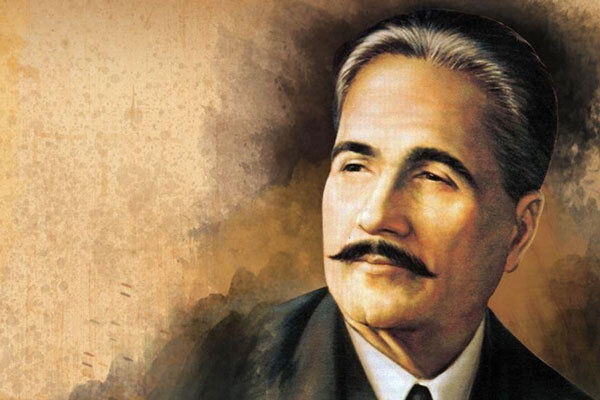Tehran – The Iqbal Raholi Memorial Conference, hosted by the Eco-Cultural Institute (ECI) and the International Bureau of Islamic Ideology Promotion Agency, was held on Thursday with the presence of prominent Iranian and Pakistani scholars and poets in Tehran.
The event began with a speech by Said Rashgali, an official from the Arts Bureau, who emphasized the importance of Iqbal Raholi’s personality and his cultural influence.
Rashigali highlighted Iqbal Raholi’s role as a cultural bridge between Iran and Pakistan. “He has served as a prominent figure in expanding the cultural and literary interactions between the two countries. Today, more effort is needed to be made to recognize and promote Iqbal Raholi’s legacy,” he said.
He also reaffirmed the preparations of the Arts Bureau to cooperate in introducing Iqbal Raholi persona to Iran and Pakistani cultural communities, particularly young people, and emphasized that joint efforts are essential to a wider understanding of this fantastical thinker.
Rashigali addressed the shortcomings in Iqbal Raholi’s perception, highlighting the importance of cooperation between the two countries, increasing visibility and influence within society.
On his part, Mohammad Bagheli, a well-known scholar of Persian literature, stressed the need to create an appropriate platform for appreciating Iqbal Raholi’s worth, and discussed his multifaceted character.
He elaborated that Iqbal Raholi’s expertise spans a variety of fields that make it impossible to fully encompass all aspects, including Persant and Urdu literature, philosophy, colanic studies, law, sociology, history, iranology and more.
“He was a thinker, a devout Muslim, embraced modern values when necessary and updated his religious teachings accordingly,” he added.
Bagheri lamented that society still does not grasp the depth of Lahori’s character, and that it is seeking more accurate expressions.
He described Laholi as a “Persianized Indian” similar to the role of Feldouzi on Iran, a symbol of South Asian Persian and Iranian culture.
Next, Iqbal Raholi’s literary scholar and expert Mohammadreza Sangali discussed Laholi’s identity as a religious intellectual. “This aspect guarantees further reflection and research,” Sangari said.
He emphasized that as individuals mature, their personalities become more layered and multifaceted, and that Laholi is a classic example of such complexity.
He described Raholi as “a great teacher.” “He is a timeless mentor and his ideas continue to inspire generations,” he insisted.
He also highlighted Laholi’s important philosophical themes, particularly self-awareness and self-confidence. He emphasized Laholi’s love for Persian literature and the constant encouragement of movement and perseverance in life, urging continuous effort and progress.
The conference featured speeches from prominent Pakistani literary figures, including President Sard S. Khan, Shayesta Fatima Durani and Sahar Urdu News Anchor. Zahid Munier Khan Amir is the head of Urdu and Pakistani studies at Urdu University and spoke in Urdu.
At the end of the meeting, symbols of gratitude are presented to each participating scholar by the Institute for Environmental Culture, representing their appreciation for their valuable contributions.
Alama Muhammad Iqbal (1877–1938), known as Iqbal Raholi, is considered one of the most important figures in Urdu literature, and was a South Asian scholar, poet, lawyer, philosopher and politician with literary works in both Urdu and Persian.
Iqbal has been praised as a prominent classical poet in Iran, Pakistan, India, Bangladesh and Sri Lanka, as well as by international literary scholars.
He is widely known as an Islamic poet or an Eastern poet. However, about 60% of Iqbal’s works are Persian, and he is equally popular in Iran. His poems have been translated into many languages.
Iqbal is best known as a well-known poet, but he is also a highly regarded Muslim philosophical thinker of the modern day. He is called the spiritual father of Pakistan.
He was a strong supporter of the political and spiritual revival of Islamic civilizations around the world, especially in South Asia. The series of lectures he brought to this effect was published as “Reconstruction of Religious Thought in Islam.”
After the founding of Pakistan in 1947, he was appointed a national poet there. He is also known as the “Hakeem-ul-ummat” (The Sage of Umma) and the “Mufakkir-e-Pakistan” (Pakistani thinker).
sab/

